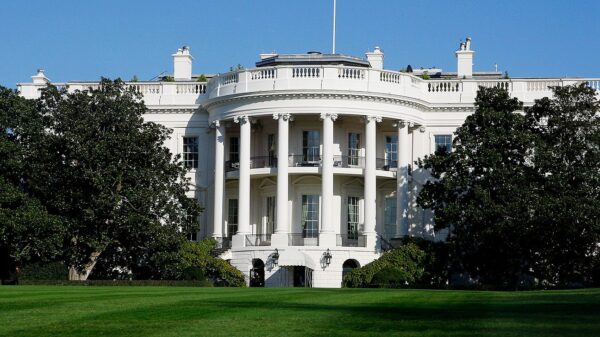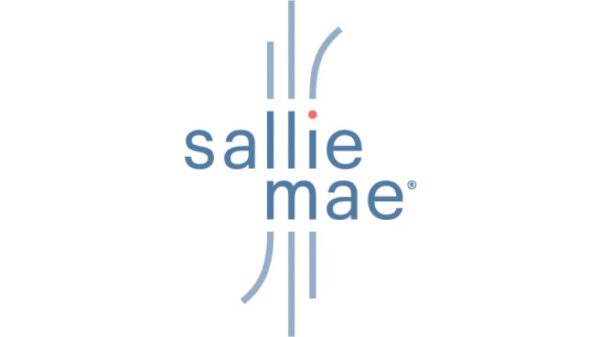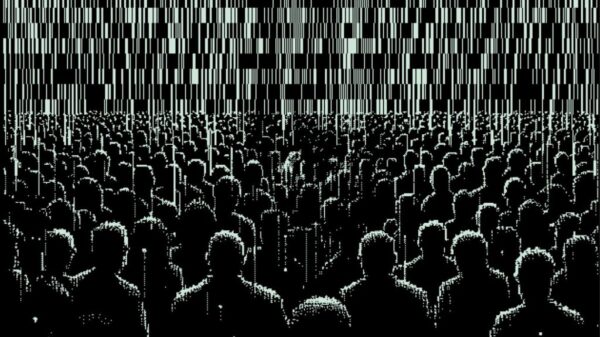Discrimination often carries a negative connotation, evoking images of prejudice and bias against individuals based on race, gender, or other characteristics. Yet, in a thought-provoking piece, Jim Murphy, former lead pastor of Faith Church Loveland, argues that not all discrimination is inherently negative. He invites readers to consider a more nuanced view of the term, one that encompasses the ability to make meaningful distinctions in various contexts.
In the United States, the struggle against discrimination has a long and turbulent history. The fight against racial prejudice has seen considerable violence and upheaval, with various movements striving to create a more equitable society. Women have fought against glass ceilings and pay disparities, while individuals with disabilities have sought recognition and equality. Older workers often find themselves overlooked despite legal protections designed to prevent age discrimination. These challenges highlight a pervasive issue across many sectors of society.
Yet, Murphy posits that the term discrimination can also refer to a positive attribute—the capacity to discern and appreciate differences. He cites the historical appreciation for individuals who could distinguish between high-quality art and mediocre pieces, or who could identify exceptional literature or music. This form of discrimination is often celebrated and valued in numerous fields, from education to the workplace.
In a biblical context, Murphy references Philippians 1:9-10, which encourages believers to cultivate discernment and to understand what is genuinely good and valuable. This perspective suggests that the ability to make informed judgments about moral and ethical matters is essential. Murphy argues that society may be losing this capacity, as many people adopt a relativistic approach to morality, leading to a lack of clear standards for right and wrong.
The rise of terms such as “my truth” and “your truth” reflects a growing trend where individuals define morality based on personal beliefs rather than established principles. This subjective viewpoint can lead to a culture of tolerance that, according to Murphy, often results in moral indifference. He cites Daniel Taylor in questioning the distinction between genuine tolerance and a society that fails to recognize and address wrongdoing.
Murphy emphasizes the importance of having a moral framework to guide behavior, suggesting that without such a foundation, individuals struggle to make sound judgments. He calls on fellow citizens to engage in meaningful discussions about morality and ethics, echoing the sentiment found in Job 34:4: “Let us discern for ourselves what is right; let us learn together what is good.”
As societies grapple with various forms of discrimination, Murphy’s perspective invites deeper reflection on the implications of moral discernment. It challenges individuals to consider not only how they view others but also how they assess their own values and actions. In a world filled with diverse opinions and beliefs, the ability to distinguish between right and wrong remains a vital skill, one that can foster understanding and promote ethical behavior.
In conclusion, while discrimination often carries negative implications, it is essential to recognize its dual nature. As societies continue to navigate complex social landscapes, the ability to make informed judgments could prove invaluable in fostering a more just and equitable world.

































































